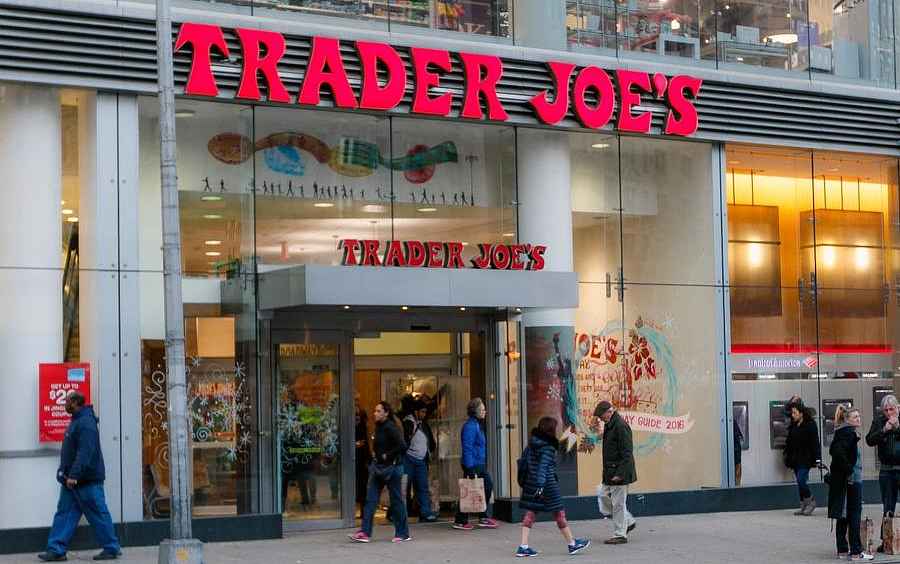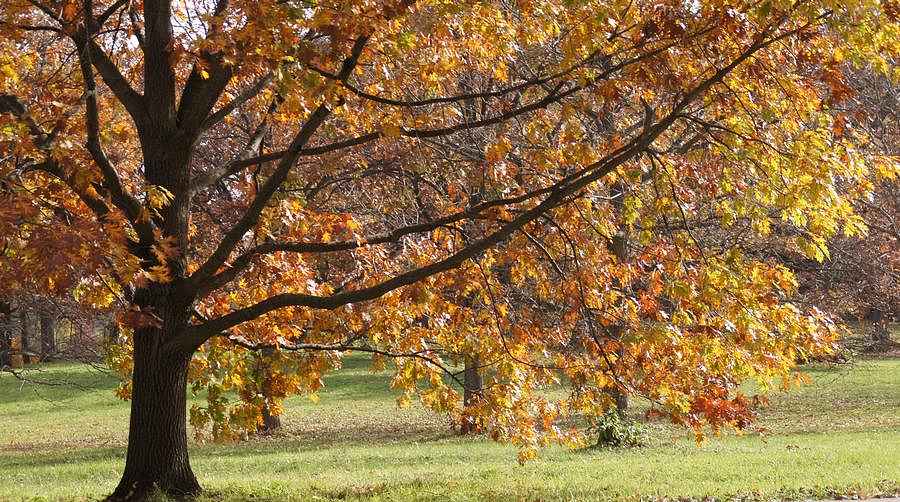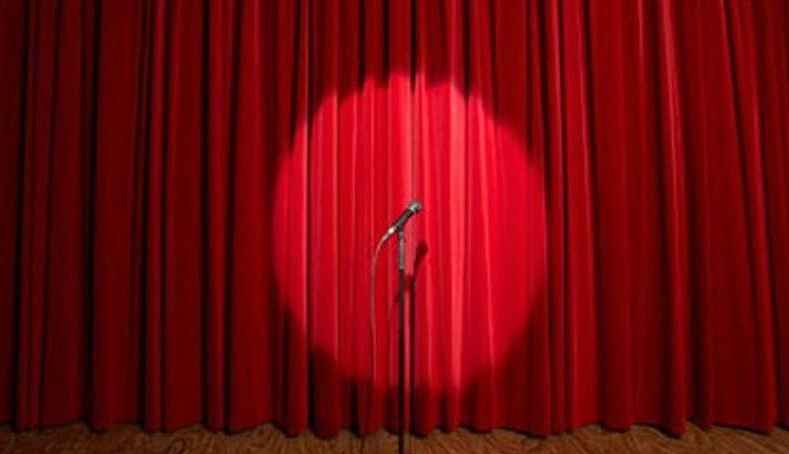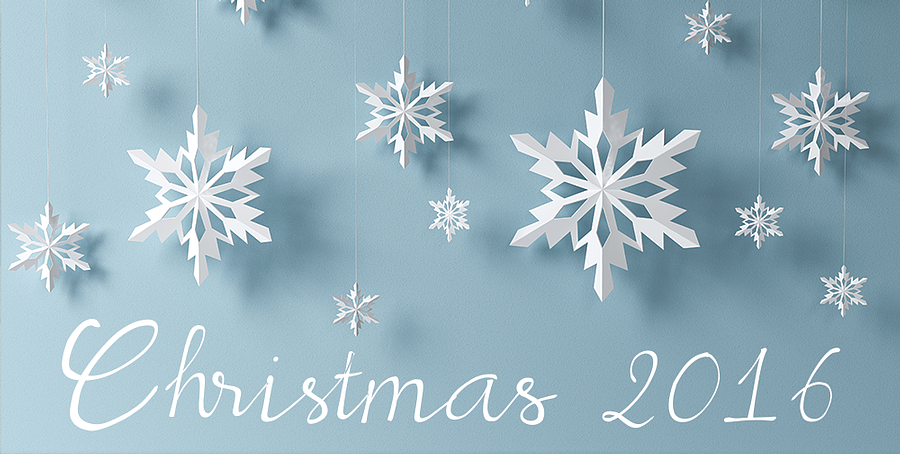





See listing of Recent and Most Popular articles on the Home Page
Senior Moments
Category: Holidays / Topics: Christmas • History • Holidays • Holiday Season • Popular Culture
Christmas 2016
by Dan Seagren
Posted: November 27, 2016
The ancient message amidst an ever-changing mix of secular and religious celebration…
Edtior's note: This article was posted on the first Sunday of Advent 2016 , an appropriate time to look back with Dan at the history of Christmas celebrations over nearly four centuries.
In 1647, the Puritan-led English Parliament banned the celebration of Christmas in England. The Restoration of King Charles II in 1660 ended the ban. Christmas however had dwindled during the late18th and early 19th centuries only to rise again in part thanks to A Christmas Carol by Charles Dickens in 1843.
During the era of the French Revolution (1789-1799) Christmas religious services were banned but the Revolution overthrew the monarchy and eventually altered the course of modern history. Triggering the global decline of absolute monarchies while replacing them with republics and liberal democracies, it favored Christianity and Christmas.
In the 20th century, Christmas celebrations were prohibited under doctrine of the state atheism in the Soviet Union. Nazi ideologues saw organized religion as an enemy of the totalitarian state as propagandists sought to substitute the Christian aspects of Christmas including numerous Nazi Christmas songs replacing Christian themes with the regime's racial ideologies.
In Colonial America the Plymouth Pilgrims put their loathing for Christmas into practice in 1620. Christmas observance was outlawed in Boston in1659 but revoked in 1681 by an English appointed governor. However it was not until the mid-19th century that celebrating Christmas became fashionable in the Eastern region. Yet at the time of the 1776 Declaration of Independence Christmas was not widely celebrated in the US.
Christmas soon enjoyed a growing celebration in the U.S. which many of us have appreciated although it was not completely cherished by all. Today we witness Christmas both as a sacred Holiday as well as a secular one with a commingling and some ill will. It was by the early-to-mid 4th century that the Western Christian Church placed Christmas on December 25, a date later adopted in the East. Today, most Christians celebrate Christmas at this time of the month via the Gregorian calendar.
As with many celebrations, some aspects have a varied origin including pagan customs. The celebratory customs associated in various countries with Christmas have a mix of pre-Christian, Christian, and secular themes. Popular modern customs of the holiday include gift-giving, Advent calendars and wreaths, Christmas music and caroling, lighting of Christmas trees, exchanging Christmas cards, church services, special food, various displays of decorations, nativity scenes, garlands, mistletoe, and holly with the Christ child along with Santa Claus, Father Christmas and Saint Nicholas all to the celebration of Yuletide.
Hopefully, the true meaning of Christmas in 2016 will not be clouded over by everyday matters where ol' St. Nick overshadows the Babe in a manger and the Baby Jesus fades into the sunset. The economic impact of Christmas is a factor that has grown steadily over the past few centuries in many regions of the world.Let's pray that the spiritual impact has also grown steadily as well.
Search all articles by Dan Seagren
Dan Seagren is an active retiree whose writings reflect his life as a Pastor, author of several books, and service as a Chaplain in a Covenant Retirement Community. • E-mail the author (su.nergaesnad@brabnad*) • Author's website (personal or primary**)* For web-based email, you may need to copy and paste the address yourself.
** opens in a new tab or window. Close it to return here.
Posted: November 27, 2016 Accessed 297 times
![]() Go to the list of most recent Senior Moments Articles
Go to the list of most recent Senior Moments Articles
![]() Search Senior Moments (You can expand the search to the entire site)
Search Senior Moments (You can expand the search to the entire site)
![]() Go to the list of Most Recent and Most Popular Articles across the site (Home Page)
Go to the list of Most Recent and Most Popular Articles across the site (Home Page)
 Loading requested view...
Loading requested view...